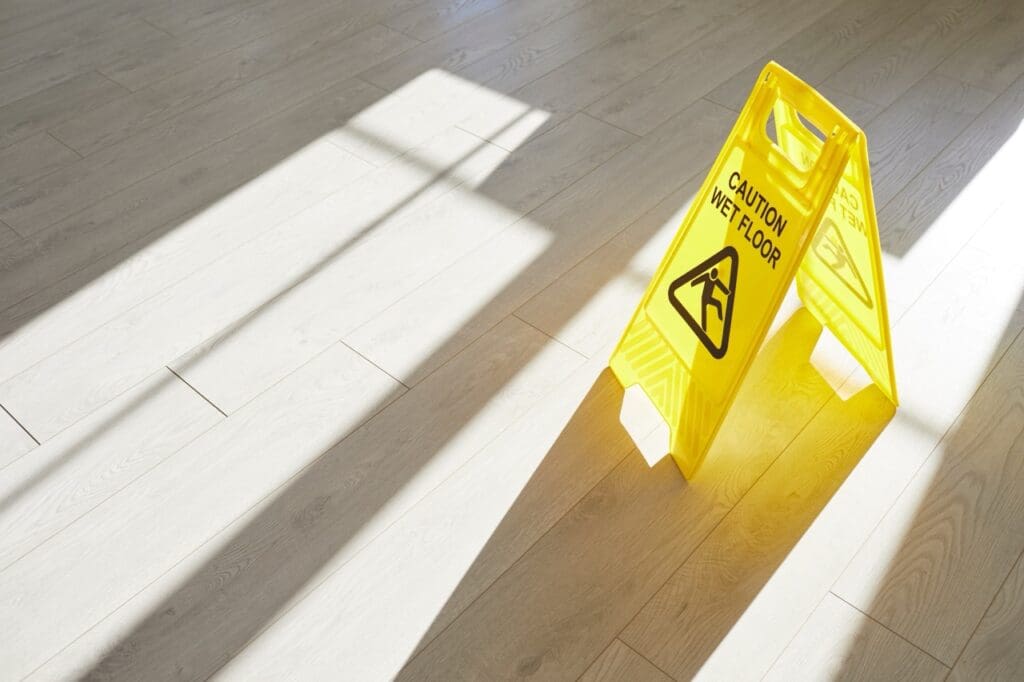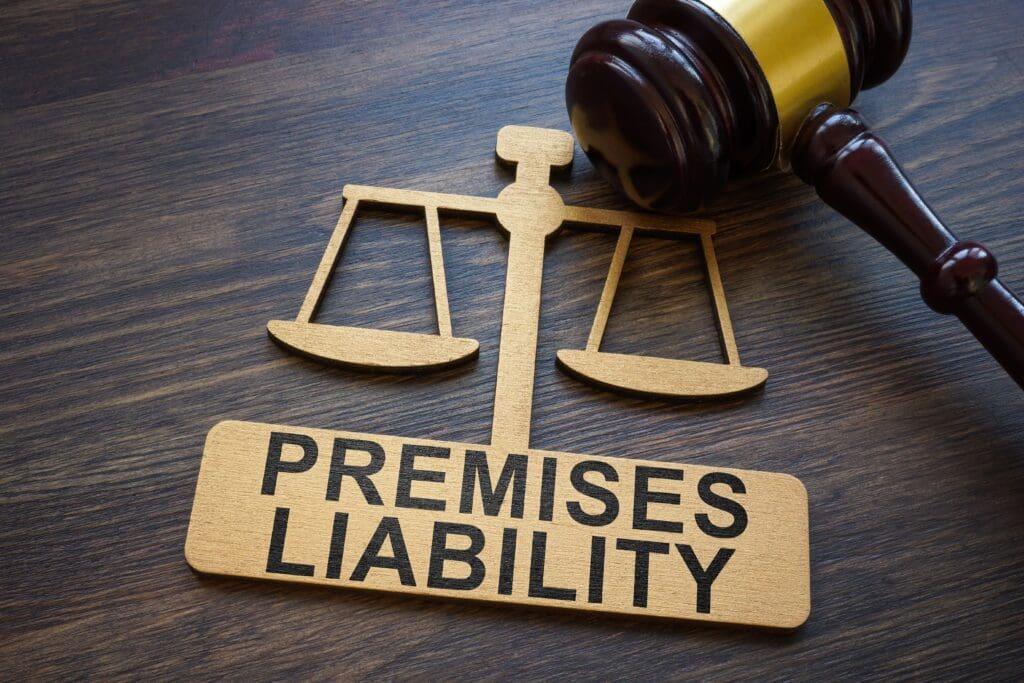
Blog



Common Causes of Pedestrian Accidents in Texas
May 20, 2025

The Basics of Personal Injury Claims
May 20, 2025

How to Maximize Your Personal Injury Settlement
April 22, 2025


Top 7 Causes of Slip and Fall Accidents in North Carolina
March 20, 2025

How Premises Liability Works in Texas
March 19, 2025

The 10 Most Common Types of Personal Injury Claims
February 21, 2025

What To Do When You Get In A Car Accident
February 18, 2025

5 Tips For Finding The Best Personal Injury Lawyer
January 21, 2025

Who Is At Fault In A Car Accident?
January 20, 2025

What Constitutes a Catastrophic Injury in Houston?
August 20, 2024

How Weather Conditions Impact Car Accidents
August 7, 2024

Client Testimonials
Mr. Bryant did an amazing job not just for me but my husband as well. Thanks
I want to express my gratitude for Mr. Bryant’s exceptional assistance during my recovery process after the unfortunate car accident. He was both efficient and friendly, providing me with timely updates without me needing to follow up. His proactive approach made a difficult situation much easier to navigate. I will definitely keep you in mind for any future needs.
Awesome work Marquis Bryant…. You are a life saver!!! You went the extra mile to seal the deal with my case. I appreciate you. Thanks again everyone to in helping me win my case. Much love
Tremendous experience. Very easy process couldn’t have asked for better experience. Thanks again!
Very knowledgeable, Anna Maria and Mr. Bryan kept me informed every step of the way and made sure I understood everything from start to finish. Payne law firm went to bat for me and made sure to get me the best for me
Marquise Bryant is very good honest attorney. I mean this from my heart. He has worked tirelessly on the case. This case is finished even before time because most cases of this dynamic takes over 3 years or more to complete; this case was completed in 2 due to Mr. Bryant evidence and investigation. I recommend Mr. Bryant and Payne Law Firm. I have used Payne Law Firm in the past. This was my husband case and a unique situation. My first time working with Mr. Bryant and he is professional by the book. Highly recommend Mr. Bryant
Awesome work, everyone was helpful with resolving my case. Anamariia and Mr. Bryant were very helpful.
Mr. Bryant and Mrs.Anamariia were sooo amazing in helping me with my dad case, even though he didn't get a chance to see it through.
Mr. Bryant and Anamariia at Payne Law Firm were great and attentive. Available for my calls and successful got me more than I expected on my settlement.
Thank you!
Thank you!


